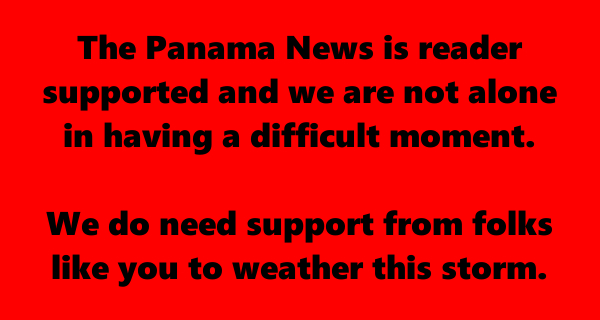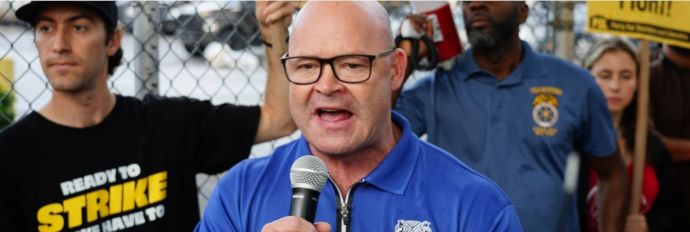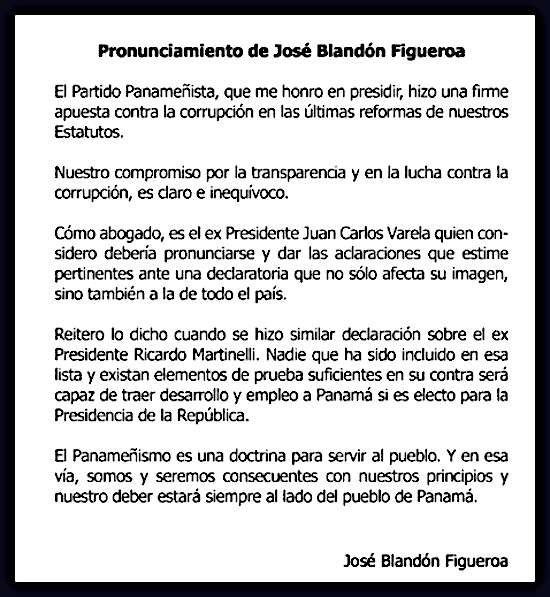El bilingüismo favorece cambios beneficiosos y fijaciones estructurales duraderas en el cerebro. Foto por PeopleImages.com — Yuri A/Shutterstock.
Ser bilingüe reduce el desgaste cognitivo
Si los humanos estamos organizados en alrededor de 200 estados, y en el mundo hay en torno a 6 000 lenguas, salta a la vista que el bilingüismo es más común de lo que solemos suponer. Se trata de un hecho cada vez más visible que deja sin argumentos al modelo (todavía predominante) de “un estado, una lengua”, consecuencia de unificar las naciones bajo un solo nombre.
Con este cambio de perspectiva, en las últimas décadas se ha estado investigando el bilingüismo para estudiar su incidencia lingüística y cognitiva. La cuestión de si el bilingüismo es útil como protección para el alzhéimer lleva en el candelero algún tiempo, e incluso hoy se plantea hasta qué punto podría ser eficaz para combatir el declive cognitivo.
La relación entre envejecimiento y bilingüismo es compleja
Resolver esta duda no es nada sencillo dado que estamos ante dos condiciones que, por sí mismas, ya son muy complejas de investigar por separado. Y más aún en su interacción. El cúmulo de variables emotivas, cognitivas, lingüísticas y sociales que concurren en el bilingüismo y el envejecimiento hacen que los resultados de las investigaciones en un contexto concreto no sean generalizables a todas las poblaciones.
Por otro lado, no existe una única forma de bilingüismo. Para empezar porque, según el momento de aprendizaje, distinguimos entre bilingüismos precoces o simultáneos –que se adquieren en la primera infancia– y bilingüismos sucesivos –cuando el segundo idioma se incorpora más tarde–.
Las investigaciones acerca del bilingüismo precoz, hasta los cuatro o seis años, se centran en las repercusiones estructurales y permanentes en el cerebro al manejar más de una lengua. En estos años iniciales, denominados “período crítico”, tiene lugar un enorme desecho neuronal de lo inútil, en paralelo con la formación de un ingente número de conexiones y circuitos. Entre otros muchos cambios, en esta etapa se categorizan los contrastes fonológicos y se omiten los que no se practican, que posteriormente serán muy difíciles de aprender.
Los estudios del bilingüismo sucesivo analizan los distintos periodos de adquisición secuencial. Concretamente se distinguen tres etapas donde sí hay diferencias: antes de los 12-15 años, de los 16 años a los 30 y de los 31 a los 60.
También hay muchísima variedad: es muy distinto ser bilingüe manejando un léxico básico de 6 000 palabras que dominar 60 000 conceptos-palabra por duplicado en dos idiomas y con pocos errores.
No es lo mismo hablar correctamente un idioma que comprenderlo
Estos errores, precisamente, son una vía de estudio sumamente interesante. Normalmente los errores en la producción del habla –hablar o escribir– son más frecuentes y distintos que los errores en comprensión –escuchar o leer–, donde sorprende su mínima presencia.
Se debe a que los procesos de producción de un discurso, oral o escrito, en un idioma son más complejos: incluyen seleccionar, identificar, ordenar, evaluar y completar el contenido.
La comprensión, en cambio, al basarse en el reconocimiento de material ya conocido y usado, es más simple lingüísticamente. Aunque sin obviar que existe un trabajo inferencial sobre lo implícito (lo que no se dice) que resulta clave para una buena comprensión, e implica un exigente trabajo con muchos recursos mentales.
Precisamente gracias a la investigación sobre este trabajo inferencial se han hallado evidencias de que los bilingües disponen de mayores habilidades. Ser bilingüe implica tener que responder a más opciones donde hay que elegir (lenguas y culturas), ser capaz de dirigir la atención, manejar un mapa mental… Y eso requiere y proporciona, según la capacidad y la experiencia, más recursos cognitivos.
Si a eso le sumamos la complejidad del discurso (social, narrativo o profesional) y los múltiples estratos emocionales a los que se accede, se entiende por qué una buena traducción resulta tan compleja.
Datos recientes acerca del bilingüismo y el declive cognitivo
Recientemente se ha publicado un excelente trabajo sobre las repercusiones del bilingüismo en el envejecimiento: el estudio DELCODE. Basado en 746 participantes, compara los tres grupos de edades antes mencionados. Sus datos muestran con claridad cómo, en contextos de uso similares, tanto el bilingüismo simultaneo inicial como el sucesivo de uso frecuente (diario) resultan beneficiosos.
En concreto, se ha constatado que el bilingüismo sucesivo –no más allá de los 60 años– influye en el sostenimiento de las funciones cognitivas, sobre todo en relación con el aprendizaje, la memoria en general, la memoria de trabajo, las funciones ejecutivas y la competencia en el lenguaje.
A nivel estructural, el volumen de materia gris es mayor en bilingües que en monolingües, tanto para los bilingües iniciales como para las personas de media edad.
En resumen, a pesar de que el bilingüismo sucede en situaciones muy diversas, con matices para cada individuo, hay evidencias suficientemente claras de que favorece cambios beneficiosos y fijaciones estructurales duraderas en el cerebro. Además, en una población de nivel cultural medio, el bilingüismo sucesivo posterior no solo implica mayor amplitud comunicativa y cultural: también mejora la competencia cognitiva de forma permanente. Y, como consecuencia, protege frente al desgaste cognitivo.
Contact us by email at / Contáctanos por correo electrónico a fund4thepanamanews@gmail.com
To fend off hackers, organized trolls and other online vandalism, our website comments feature is switched off. Instead, come to our Facebook page to join in the discussion.
Para defendernos de los piratas informáticos, los trolls organizados y otros actos de vandalismo en línea, la función de comentarios de nuestro sitio web está desactivada. En cambio, ven a nuestra página de Facebook para unirte a la discusión.
~ ~ ~
These announcements are interactive. Click on them for more information.
Estos anuncios son interactivos. Toque en ellos para seguir a las páginas de web.



































